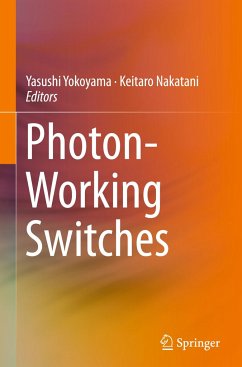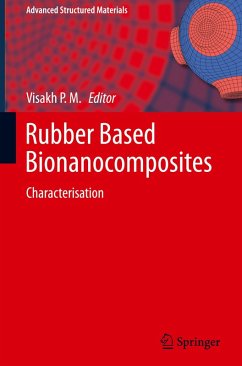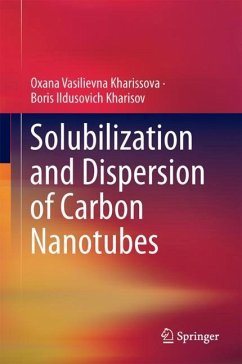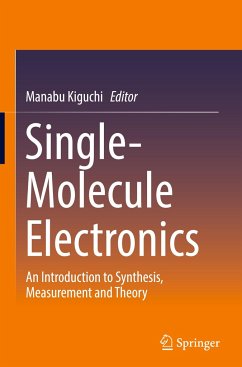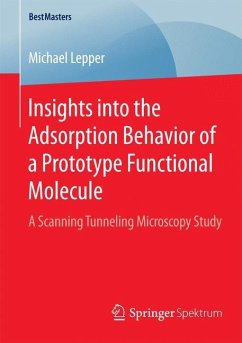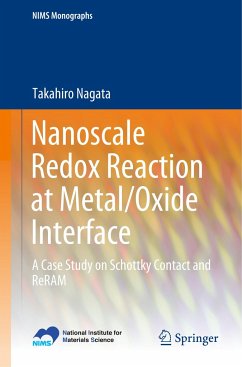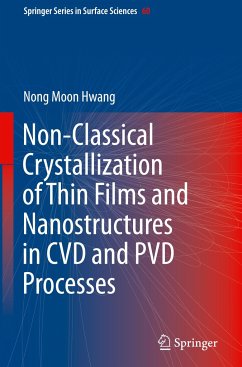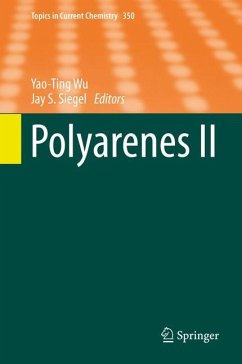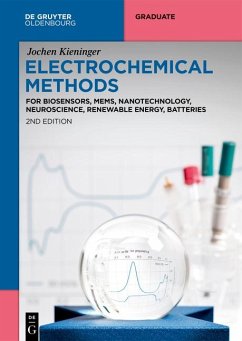
Chemical Science of ¿-Electron Systems

PAYBACK Punkte
58 °P sammeln!
This book presents the most advanced review available of all aspects of pi-electron systems, including novel structures, new synthetic protocols, chemical and physical properties, spectroscopic and computational insights, molecular engineering, device properties and physiological properties. pi-Electron systems are ubiquitous in nature. Plants convert light energy into chemical energy by photosynthetic processes, in which chlorophylls and other porphyrinoids play an important role. On the one hand, research to learn about photosynthesis from nature has led to understanding of electron and ener...
This book presents the most advanced review available of all aspects of pi-electron systems, including novel structures, new synthetic protocols, chemical and physical properties, spectroscopic and computational insights, molecular engineering, device properties and physiological properties. pi-Electron systems are ubiquitous in nature. Plants convert light energy into chemical energy by photosynthetic processes, in which chlorophylls and other porphyrinoids play an important role. On the one hand, research to learn about photosynthesis from nature has led to understanding of electron and energy transfer processes and to achieving artificial energy conversion systems inspired by nature. On the other hand, recent advances in organic and inorganic chemistry make it possible to construct novel pi-electron systems that had never existed in nature. The authors of this book are from a variety of research fields including organic chemistry, inorganic chemistry, physical chemistry, materials science, and biology, providing a comprehensive overview of pi-electron systems for a broad readership. Not only specialists but also graduate students working in pi-electron systems will find the book of great interest. Throughout, the diverse potential for future fruitful applications of pi-electron systems is revealed to the reader.




